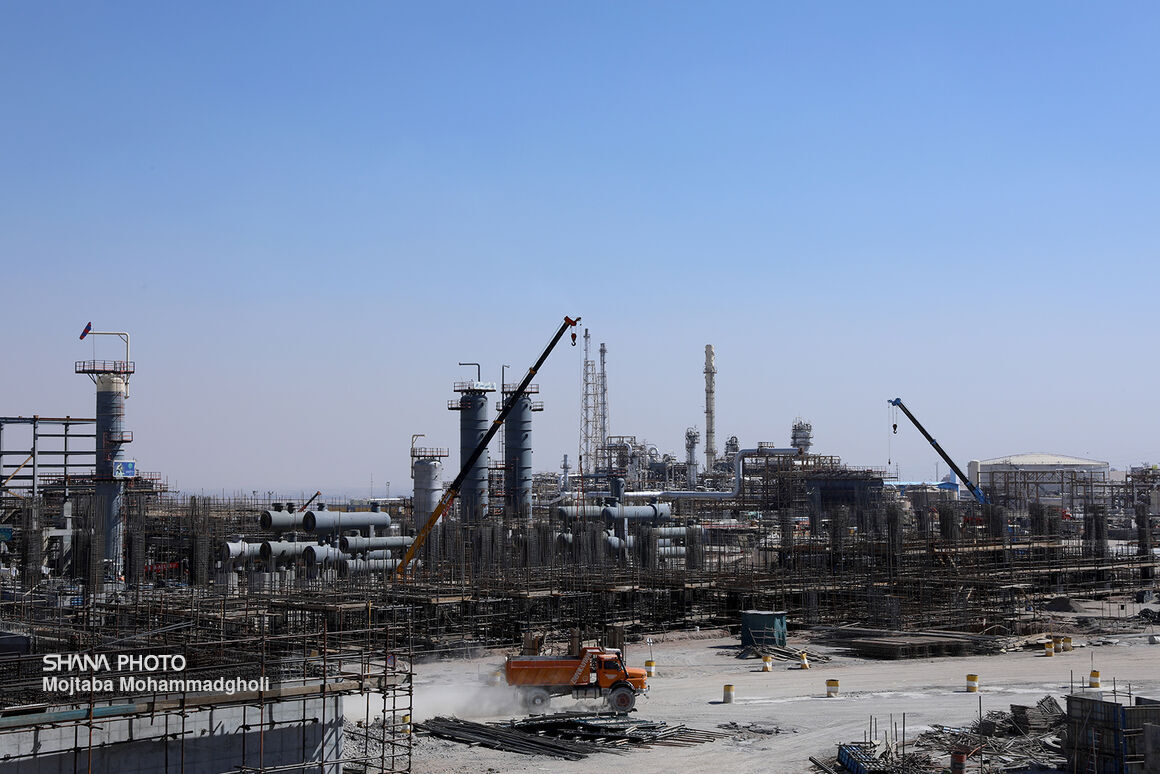According to the company, Mehdi Shariatmadari highlighted that the project aims to collect 3,000 standard cubic meters of flare gas per hour using two-stage sliding vane compressors.
The gas is compressed to 7.5 bar after passing through an amine sweetening tower and then injected into the fuel network. This process not only prevents significant energy waste but also helps reduce air pollution and the refinery’s environmental penalties.
Shariatmadari noted that launching the flare gas recovery unit required upgrades to the refinery’s flare systems. Improvements included optimizing flare tip pilots and adding an electric hybrid ignition system, enhancing operational reliability even in emergencies.
He added that the project paves the way for the refinery to join the Clean Development Mechanism (CDM), allowing the company to receive financial credits and Kyoto Protocol-compliant development permits.
The Flare Gas Recovery (FGR) project, which includes two sub-projects—monitoring flare gas volumes and upgrading the ignition system—took 26 months to complete. Operations are expected to begin in the second half of this year. Procurement of necessary equipment, such as thermal flow meters, faced challenges due to sanctions. Additionally, the sliding vane compressor was used for the first time in Iran, and baseline studies took about eight months.
The project’s engineering, procurement, and construction (EPC) cost, including feasibility studies, totaled approximately €7 million. This marks the first time such a project has been implemented in Iran.
Shariatmadari emphasized the impact of sanctions on self-sufficiency and reliance on domestic expertise. A South Korean company, originally contracted as the FGR unit designer, withdrew due to sanctions, prompting the refinery to complete the project independently using local specialists.


Your Comment